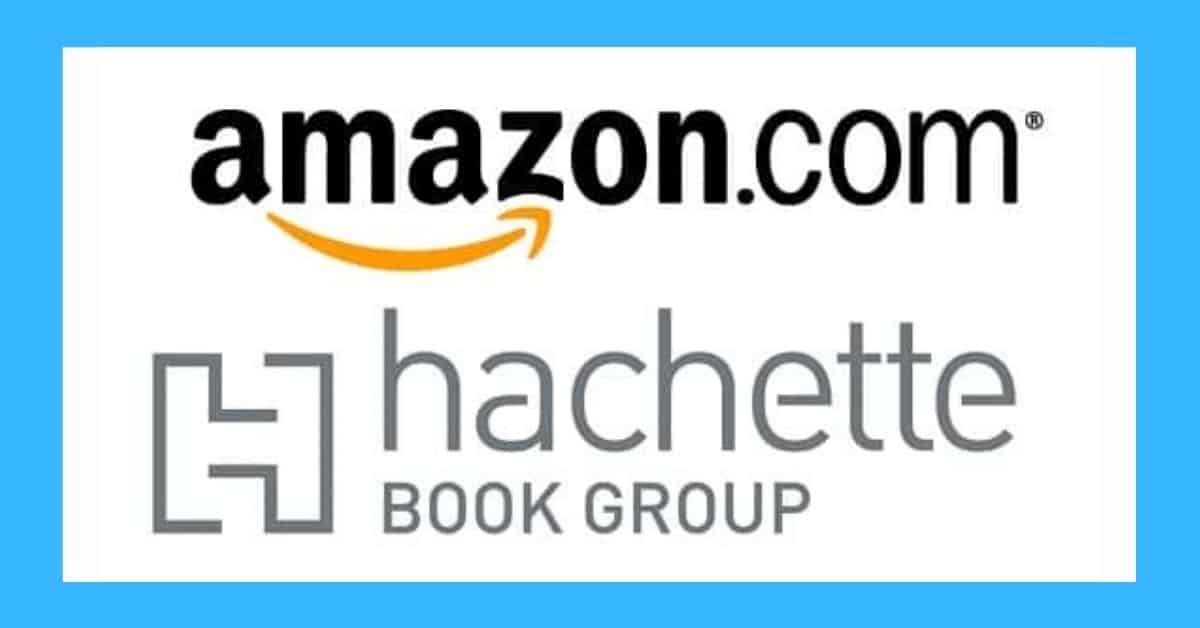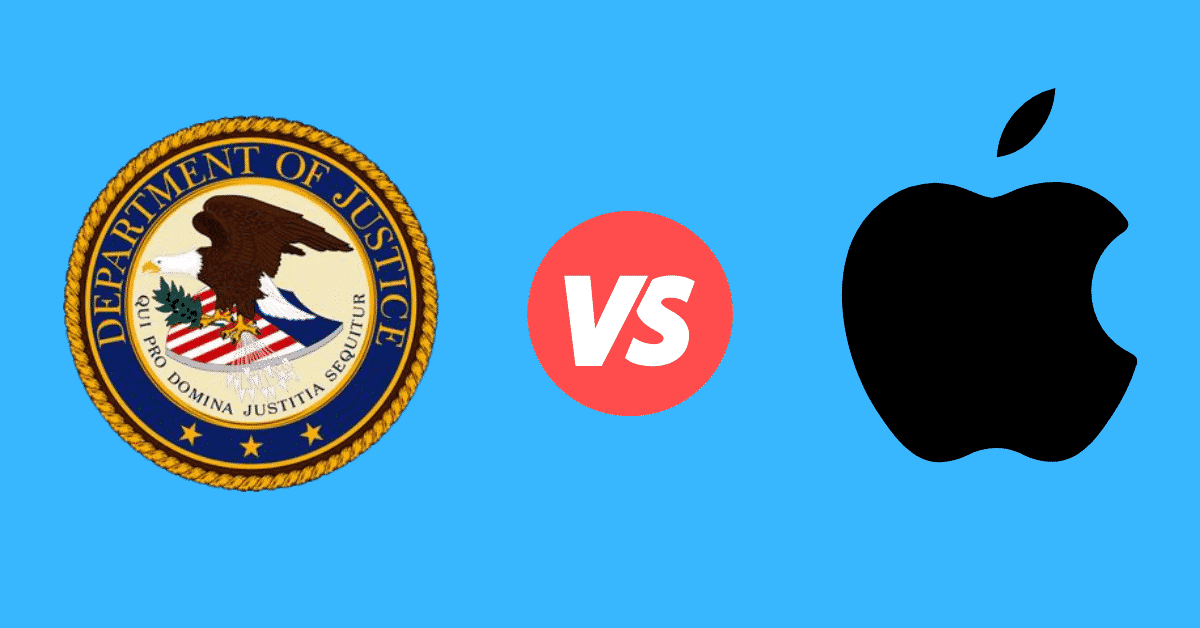
Amazon vs. Hachette: Don’t Believe The Spin
The internet is seething over Amazon’s reported hardball tactics in negotiations with Hachette. Newspapers and blogs are filled with heated opinion pieces, decrying Amazon’s domination of the book business. Actual facts are thinner on the ground, however, and if history is any guide, we haven’t heard the full story. Here’s how it started.
In a historical quirk of the trade, publishers and booksellers negotiate co-op deals at the same time as the general agreement to carry titles. (For those who don’t know, co-op is the industry term for preferred in-store placement, such as face-out instead of spine-out, position on end-caps, front tables, window displays, and so on.)
At publishers’ insistence, the same practice has continued in the online and e-book world, namely that negotiations regarding virtual co-op (e.g. high visibility spots on retailer sites) take place at the same time as discussions over general terms and publisher-retailer discounts. Read More…

Big Publishing Hates Competition
The reaction to the filing of the DoJ’s antitrust suit was predictable. Among other things, the DOJ has been accused of working for Amazon, helping them to “destroy the publishing industry.”
If you want to sample the mindset I’m referring to, simply visit the comments of any article on the matter in the trade press – although this vocal group are strangely absent from the comments of articles such as this one describing publishers’ (alleged!) attempts to cover up their actions by deleting emails.
I’m not sure when “the publishing industry” become exclusively synonymous with the largest publishers. I’m not sure when their narrow interests became everyone’s interests, because what’s good for Penguin isn’t necessarily good for writers, small presses, or indie bookstores. Read More…

Apple Antitrust Suit Draws In Big Publishers
The Department of Justice has filed an antitrust lawsuit against Apple and five of the largest publishers: Macmillan, Penguin, HarperCollins, Hachette, and Simon & Schuster.
A related settlement has also been agreed with three of the parties HarperCollins, Hachette, and Simon & Schuster – while Macmillan claimed the terms were too onerous, and it seems Penguin will join them in fighting the case, along with Apple.
The agreed settlement must still be approved by the court, but among the conditions are the end of the Agency model (despite the attempted spin by the likes of Publishers Weekly) and the return of pricing control to the retailers (such as Amazon). In addition, the settling parties will be monitored by the DOJ, who must be copied on any communications surrounding this or any related matter Read More…
^